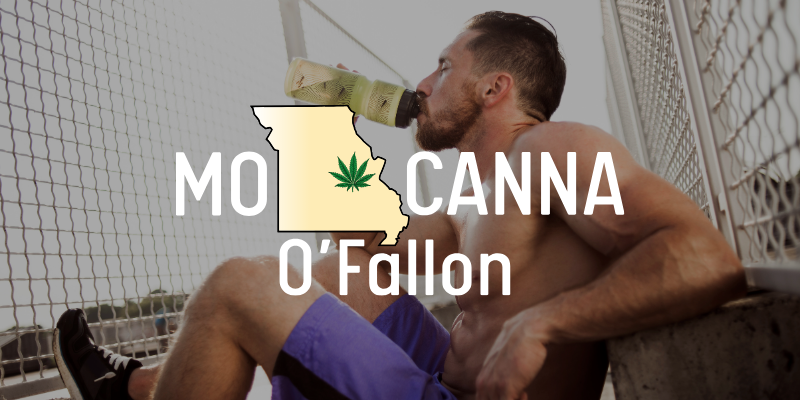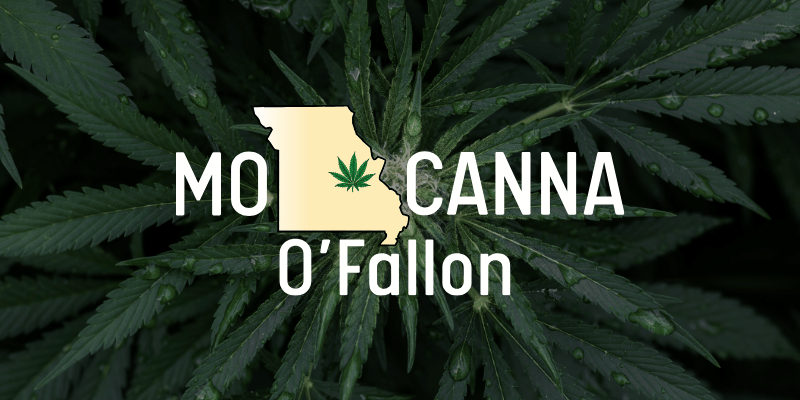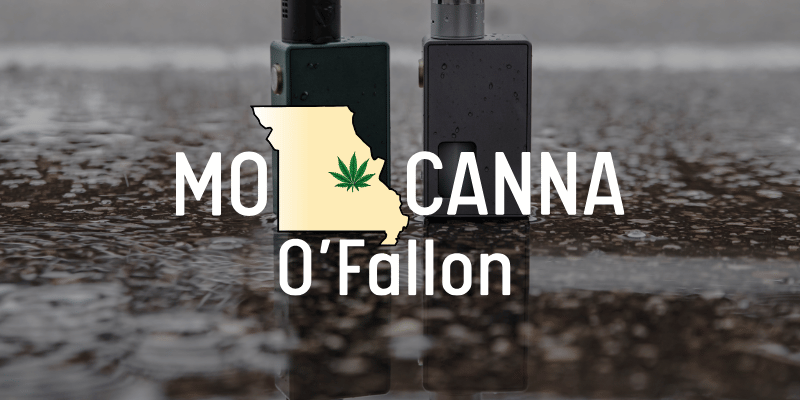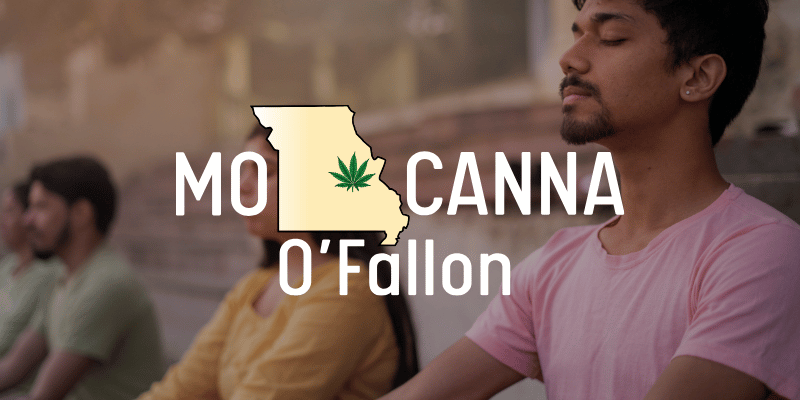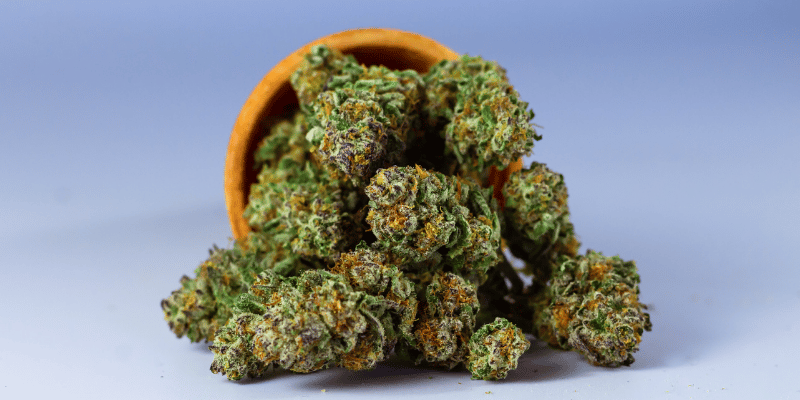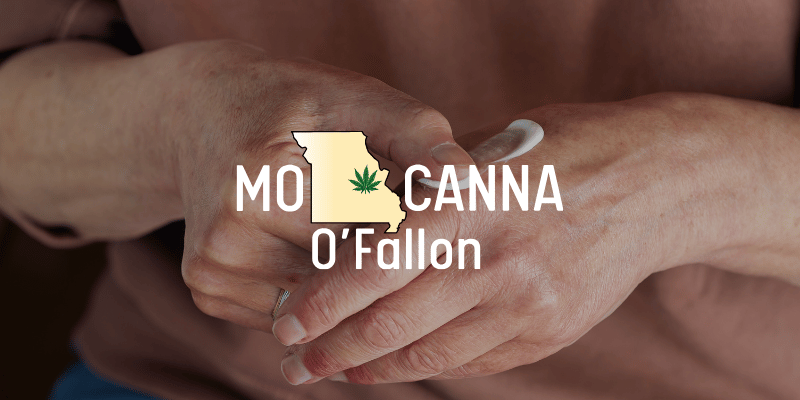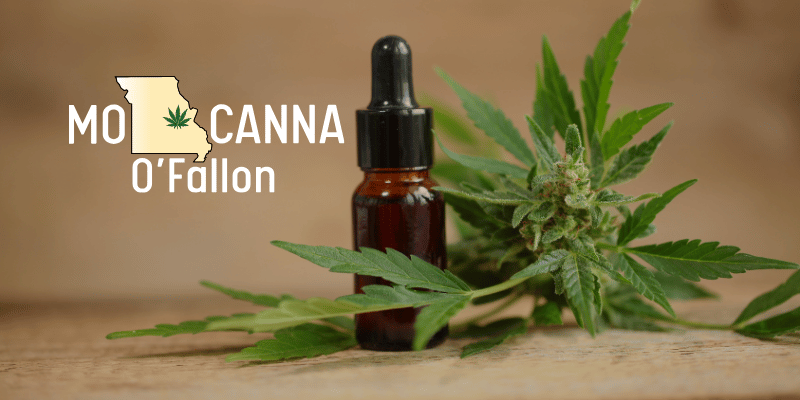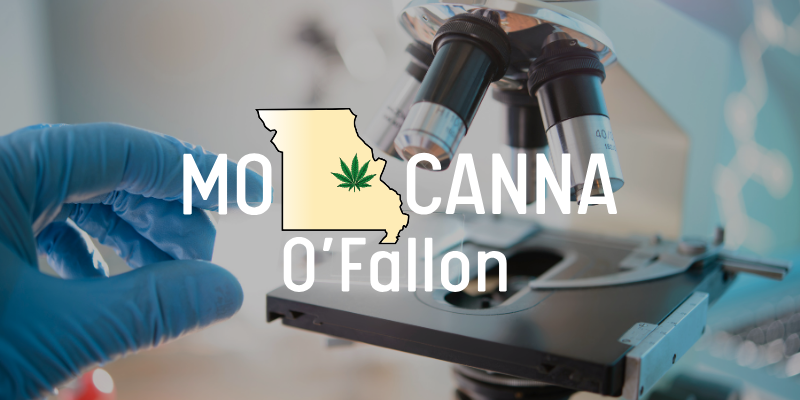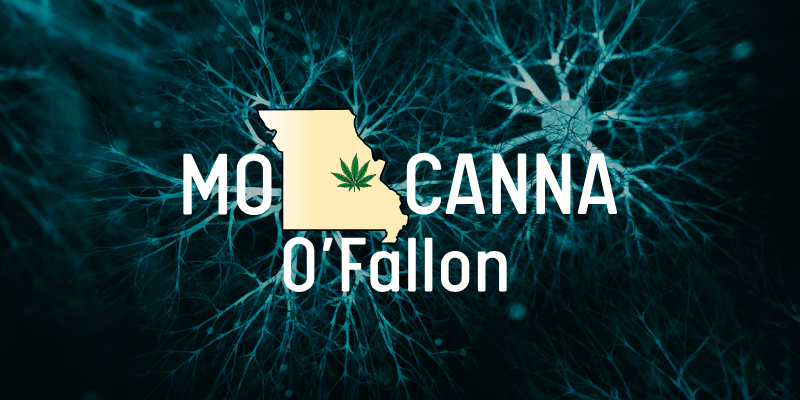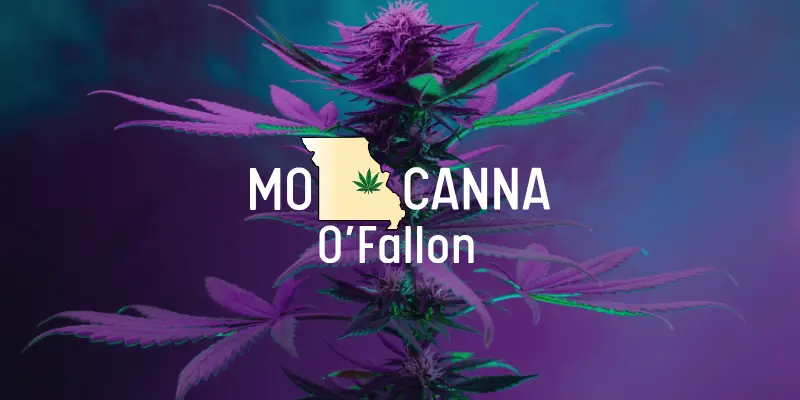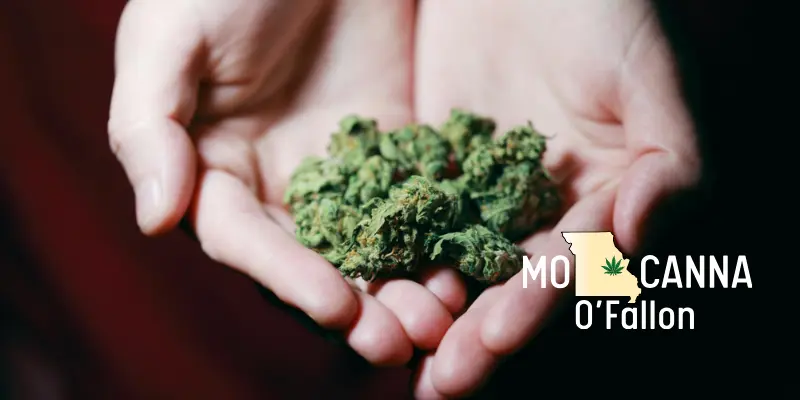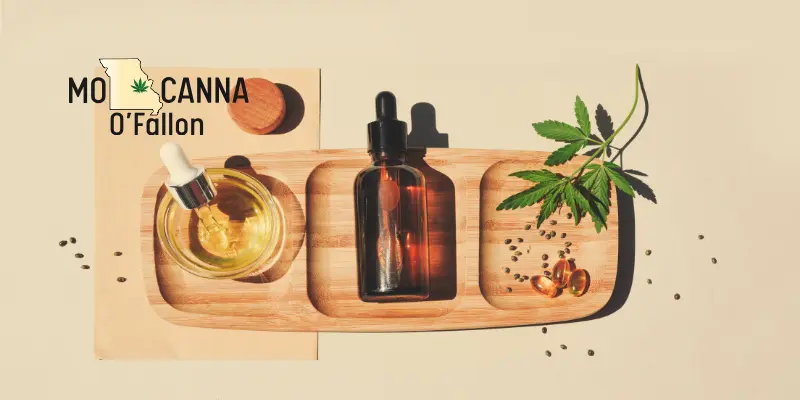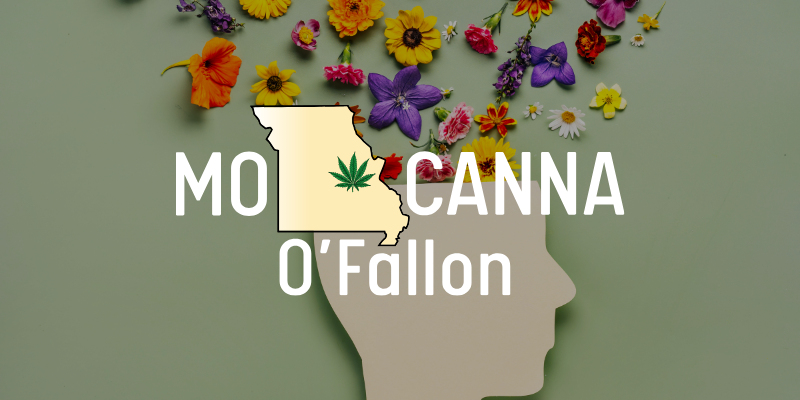
Cannabis and Mental Health: What Research Says About Anxiety, Depression, and Stress Relief
As cannabis use grows across Missouri, many consumers are curious about its potential role in supporting mental health. From easing anxiety to reducing stress after a long day, cannabis is often seen as a natural aid. But what does the research actually say? And how should consumers approach cannabis when mental health is a concern?
This article explores what science currently knows, the potential benefits and limitations, and how to use cannabis responsibly if you’re considering it for mood-related support.
Cannabis and Anxiety: A Double-Edged Sword
Cannabis can both ease and worsen anxiety, depending on factors like dosage, strain, and individual tolerance. Low doses of THC or products higher in CBD may help reduce anxious feelings, while higher doses of THC sometimes intensify them.
Missouri consumers often find that experimenting with ratios can help. Our guide to managing cannabis tolerance highlights why starting low and increasing slowly can prevent overwhelming effects.
Key Takeaway: Low doses and CBD-rich products may be more calming, while high-THC strains can trigger unease for some people.
Depression and Mood Support
Some studies suggest cannabis may provide short-term improvements in mood, especially for people experiencing mild depression or stress. Certain strains that promote relaxation and euphoria may temporarily help lift spirits. However, cannabis is not a cure for depression and should never replace professional treatment.
When looking for mood-supporting options, Missouri residents can review strain guides such as our article on relaxing cannabis strains. Knowing how different varieties affect mood is a helpful step toward mindful use.
Stress Relief and Relaxation
Stress management is one of the most common reasons Missourians turn to cannabis. Many find that a small dose after work helps them unwind. Cannabis can also pair well with calming practices like yoga, breathwork, or meditation. Our article on mindful cannabis use explains how intentional consumption can deepen relaxation.
Limitations of the Research
While research is promising, cannabis studies on mental health are still developing. Most findings point to short-term benefits, with long-term effects less clear. Over-reliance on cannabis may mask underlying issues rather than address them directly. Professional therapy and medical treatment should remain the first line of care for anxiety, depression, or other mental health challenges.
Tips for Missouri Consumers Considering Cannabis for Mental Health
- Start with CBD or balanced products: These are less likely to cause anxiety than high-THC strains.
- Track your experiences: Note what strains, doses, and formats improve or worsen symptoms.
- Use cannabis as a complement, not a replacement: Pair it with therapy, exercise, or mindfulness practices.
- Seek professional advice: Especially if you have a diagnosed condition or take prescription medications.
Final Thoughts
Cannabis may play a supportive role in reducing anxiety, stress, and depression symptoms for some Missouri residents. Still, it’s important to use it mindfully, track your personal responses, and understand its limits. Safe, intentional use can make cannabis a helpful addition to a balanced wellness routine—but it should never replace professional mental health care.
For more resources and personalized guidance, reach out through our contact page.
Disclaimer: This article is for informational purposes only and should not be taken as medical or psychiatric advice. Always consult a licensed healthcare provider for mental health concerns.





